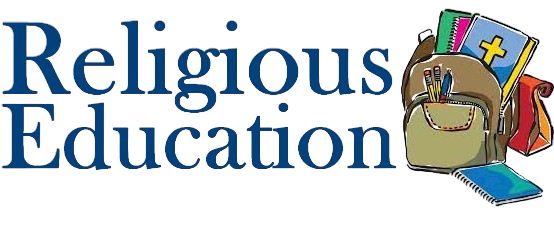
Our Religious Education lessons will continue to be based upon our “Love to Celebrate” projects. Basing the “Love to Celebrate” projects around festivals, gives a real-life context to the children’s learning and a structure to the projects. However, the celebration itself is only a small part of each “Love to Celebrate” project. Each set of projects covers all major aspects of each religion including worship, belief, leadership and belonging.
Please view our “World festivals and Celebrations Calendar”.
Term 3: Sikhism – Vaisakhi
Sikhs usually celebrate Vaisakhi on the 13th and 14th April. It is the most important festival day for Sikhs because, in 1699, Guru Gobind Singh created the Khalsa. The Khalsa are ordained Sikhs who make promises to wear the Five Ks and follow the Sikh religion faithfully. To become part of the Khalsa, Sikhs drink a sugary liquid called amrit and have it sprinkled onto their eyes and hair. Some Sikhs choose to take amrit during Vaisakhi.
For the key words and vocabulary associated with this topic, please view our “Vaisakhi Glossary”.
Term 4: Christianity – Holy Week and Easter
Holy Week is the last week of Lent. It starts with Palm Sunday, which commemorates Jesus’ arrival in Jerusalem over 2000 years ago. During Holy Week, the story of Jesus’ last supper and trial are commemorated. Good Friday is a day of mourning in many Christian churches as Jesus’ crucifixion is remembered.
Easter Sunday is the day when Christians remember the resurrection of Jesus with church services, candles, acclamations, great food and Easter eggs.
The key themes we will consider and examine are: exploring symbolism; the parade; the Eucharist; the cross; Easter garden; and exploring belief.
For the key words and vocabulary associated with this topic, please view our “Easter Glossary”.